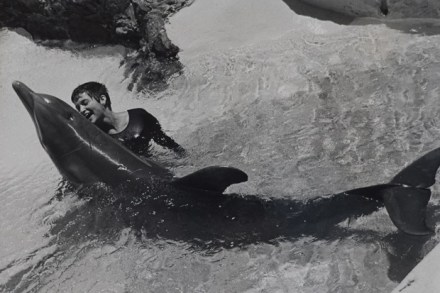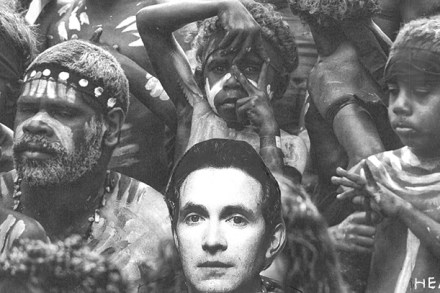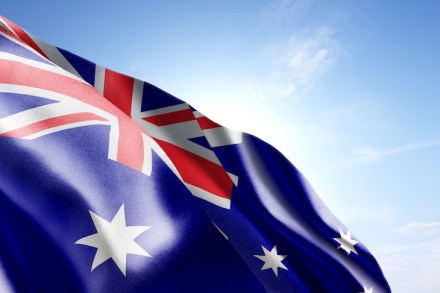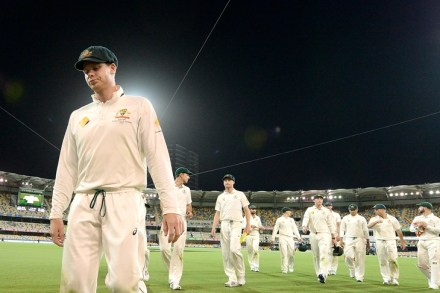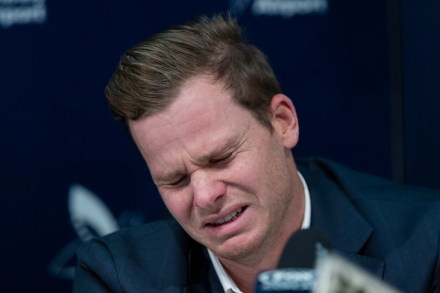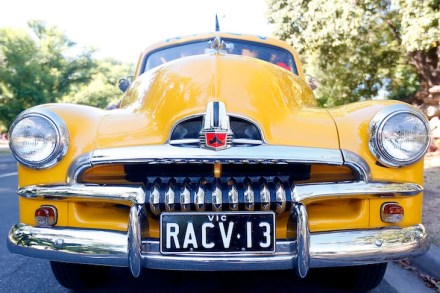Portrait of the week: Farage’s climbdown, Yorkshire’s floods and Australia’s fires
Home Nigel Farage, the leader of the Brexit party, climbed down from his resolution to field 600 candidates in the general election, promising not to contest the 317 seats won by the Conservatives in 2017. The Conservatives, Labour and the Liberal Democrats said they would spend large sums of taxpayers’ money on things that might please voters (such as the NHS or, from the Lib Dems, a ‘skills wallet’ of £10,000 for every adult). The Conservatives claimed that Labour’s promises would cost £1,200 billion, which Labour denied. A review commissioned by the government into the HS2 railway said it should be built, despite the cost. Asked by the BBC if






